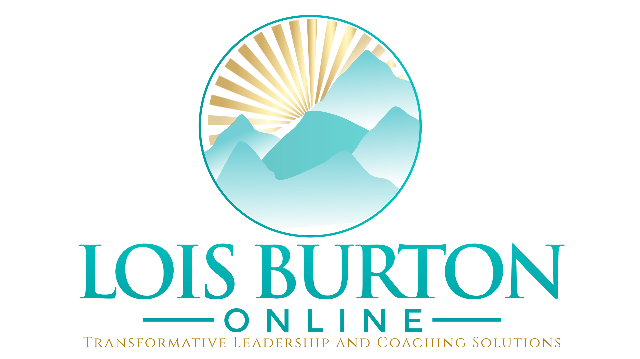Creating Confident Leaders - Building and Maintaining Trust
Oct 24, 2025
Trust forms the bedrock of exceptional leadership, but building deep, enduring trust requires more than basic reliability
In today's complex and rapidly evolving business landscape, trust has emerged as perhaps the most valuable currency for effective leadership. While many leaders understand the foundation of trust-building—consistency, transparency, and integrity—there exists a more sophisticated level of trust creation that truly separates transformational leaders from merely competent ones. This "advanced curriculum" of trust building encompasses six powerful practices that create resilience through crisis, change, and complexity.
The first practice, courageous advocacy, requires leaders to stand up for their team members even when it creates personal discomfort or risk. This isn't about blind loyalty but rather a willingness to defend team members when they're right, fight for necessary resources, or take responsibility for communication breakdowns. Significantly, courageous advocacy works both ways—sometimes it means standing up for organizational decisions when they're being unfairly criticized by your team. What makes this practice so powerful is the clear message it sends: I value truth and fairness above personal comfort or advancement. Leaders who demonstrate this quality create deep trust because their teams know they won't be sacrificed for political expediency.

Intelligent transparency represents the delicate balance between appropriate sharing and overwhelming disclosure. Many leaders either withhold too much information or share everything indiscriminately, including anxieties and half-formed thoughts that may paralyze their teams. The key distinction lies in "purposeful transparency"—sharing information that empowers people to make good decisions and feel engaged while maintaining appropriate boundaries around information that might distract or discourage without adding value. This practice requires leaders to constantly ask themselves: "Does sharing this information serve my team's ability to perform effectively, or am I simply sharing to prove transparency?" Leaders who master this balance create environments where team members feel informed without feeling burdened.
Graceful failure recovery may be the most human element of advanced trust-building. Every leader inevitably makes mistakes, but trust-building occurs not in perfection but in how one responds when falling short. The process involves rapid acknowledgment without excessive self-blame, clear analysis of what went wrong, visible learning integration, and maintained confidence moving forward. What makes this practice particularly powerful is that, counterintuitively, leaders who handle failure well often emerge with stronger trust than before. Teams recognize that such leaders can face challenges directly, learn from them, and maintain their leadership presence even when things go wrong—a crucial quality for navigating uncertainty.
The concept of "predictable unpredictability" may sound contradictory, but it perfectly captures what teams need from modern leaders. People require consistency in your character, values, and fundamental approach to relationships while simultaneously needing you to adapt methods and strategies when circumstances demand it. Leaders who master this balance create a unique form of trust—teams can rely on their core character while trusting their judgment to evolve approaches when necessary. This quality has become increasingly important in our rapidly changing business environment, where adaptive intelligence represents a critical leadership capacity.
Strategic vulnerability takes the concept of leadership vulnerability to a more refined level. Rather than simply admitting weaknesses, strategic vulnerability involves sharing personal challenges, learning processes, and growth strategies in ways that model resilience and continuous development. The key difference from basic vulnerability lies in how leaders frame their challenges—not as permanent limitations but as growth opportunities with clear strategies for improvement. This approach accomplishes several things simultaneously: it gives teams permission to acknowledge their own development needs, demonstrates self-awareness, and shows that high performance doesn't require pretending to have all the answers.
The final advanced practice, future-focused trust building, involves creating confidence not just for current challenges but for circumstances teams haven't yet encountered. Most trust-building naturally focuses on present relationships, but refined leaders also prepare their teams for what lies ahead through regular scenario planning, building tomorrow's capabilities today, and creating shared decision-making frameworks that will serve the team even in the leader's absence. This forward-looking approach means teams don't have to rebuild trust under pressure when new challenges emerge—they've already established the foundation for trusting each other through whatever might come.
Stay connected with news and updates!
Join our mailing list to receive the latest news and updates from our team.
Don't worry, your information will not be shared.
We hate SPAM. We will never sell your information, for any reason.

